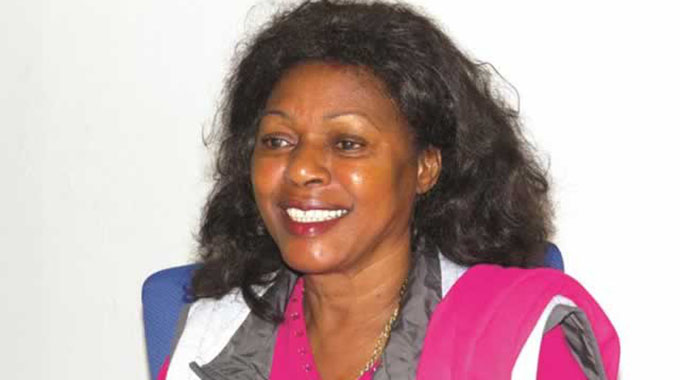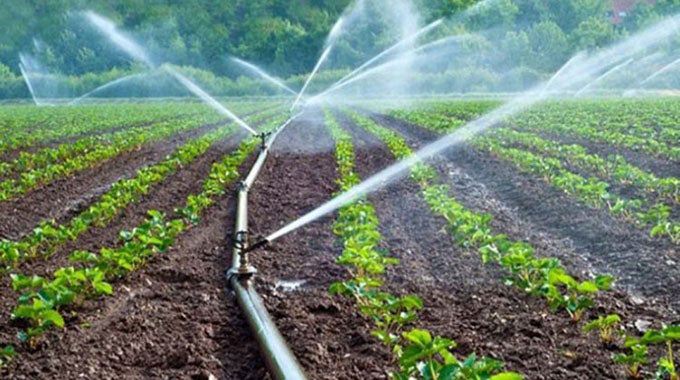Acquiring land no easy task for the Zimbabwean woman
Ruth Butaumocho
AT the beginning of last year, I resolved that I was going to contribute meaningful to the development of Zimbabwe by taking up farming-though in a small way. Having spent the better part of my life in Chiweshe tending to all chores, including tilling the family land, which was no more than two hectares of tired soils, I knew that I would definitely excel in farming.
Armed with the necessary information, on the size of land that I was looking for, and the district I intended to focus my attention on, I began my search for a piece of land, no more than 10 hectares. The process involved going to the District Administrator’s office to submit the application letter, visiting some of the identified plots, meeting with the land officers and in some instances visiting the headman’s homestead, just to pay a courtesy call.
The visits at the headman’s homestead were all strategic ploys to endear myself with the poor fellow, hoping that one day; he would strongly recommend to the lands officer that I should be considered for land allocation, once it had been made available. It also meant that I had to spend hours to no end, talking much about nothing with different headmen, and drinking numerous cups of tea, while hoping that I would one day strike a purple vein.
As months went by I did not lose hope. I remained resolute to my goal and aspiration of acquiring land, not only for myself but for my children, who would still utilize the same piece of land, long after I had gone. So my determination to get land was not only spurred and premised on the current situation, but I was also looking into the future. After all, that piece of land was going to be a legacy that would live long after everything had lost its essence and value.
Now well into December and coincidentally the onset of the rainy season, my several attempts to acquire a piece of land since last year have come to nothing. Apart from having travelled the breadth and length of all the provinces, making new acquaintances and just admiring the breathtaking scenic views sprouted across Zimbabwe, I remain landless.
A year has gone by and Lord knows how much longer will I have to continue visiting the District Administrator’s office (and soon to the Provincial Chairman’s Office) and repeat the same statements over and over again.
However I can safely attest that my plight-though pathetic to say the least- is not a unique one, amid revelations that of all the Zimbabwean women who applied for land under the Land reform exercise, only 20 percent of those managed to get land.
If they were to relive their encounters, there will definitely be one or two stories of women who literally shed tears, hoping to earn the sympathy of the lands officer.
Looking at the figure closely, 20 percent falls short of women’s expectations considering that women are in-fact the majority population in Zimbabwe, with over 80 percent of these living in rural areas where they form the bulk of the farmers and also provide most labour.
While in the rural areas, they also work between 16 to 18 hours daily, spending at 49 percent of their time on agricultural activities. But despite these scenarios, ownership and control of agricultural land and resources remain heavily dominated by men, as clearly attested by the existing situation.
Although the Government set aside a quota allocation for women, it has not been easy for women to access the same land because of the prevalence of discriminatory custom and traditional practices, which prevent women from inheriting or acquiring ownership of land and other property, as well as accessing credit facilities and community services.
So in actual fact, women do not own the land they toil and till on.
Many may argue that the country has laws outlawing discrimination on the basis of gender, while the constitution states that every Zimbabwean has the right to acquire, hold, occupy, use, transfer, hypothecate, lease or dispose of all forms of property, either individually, or in association with others. But Zimbabwe is still largely a patriarchal society, a factor that is largely undermining women’s rights to land and other resources.
When the land reform exercise started, most people expected the rural woman to get the bulky of the land, but that did not happen.
It was actually a clique of women who enjoy space and platforms in academic, economic and the political arena, who got the major share of the cake, while the majority of rural folk, had to be content with what they got.
And yet it is actually the majority of the rural folk who continue to be the custodians of food security since time immemorial and ironically do not own land.
According to the United Nations Food and Agricultural Organisation, FAO, women farmers are the pillars of African agriculture; over two thirds of women in African are employed in the agricultural sector and produce nearly 90 percent of food on the continent. They are generally responsible for growing, selling, buying and preparing food for their families.
As the FAO states, there is a significant global gender gap in agriculture, which translates into a costly lost opportunity to improve the quality and the quantity of the world’s food supply.
If women had the same access to, and control over production resources as men, then, they could increase the yields on their farms by 20 to 30 percent.
It is against this background and other mitigating factors that women also need to get land and use it to improve their well being and that of their families. While it would be folly to suggest that giving women land will automatically eradicate poverty, allocating them the resource will surely move them to a higher pedestal, from where they currently are.
It means that they will enhance their farming activities, utilize the land for different projects and use it as collateral security at financing institutions. It cannot be overemphasized that land ownership is indeed a birthright and a form of identity that should not a preserve of the few, but for everyone, regardless of race, sex or creed.
Last Chiangwa aka Tambaoga couldn’t have said it better when he sang in one of the popular land reform jingles that:
“Ivhu iri ramunoona machinda ndiro rinonzi Zimbabwe”
One cannot claim to be a Zimbabwean and yet do not own a piece of land anywhere.





Comments